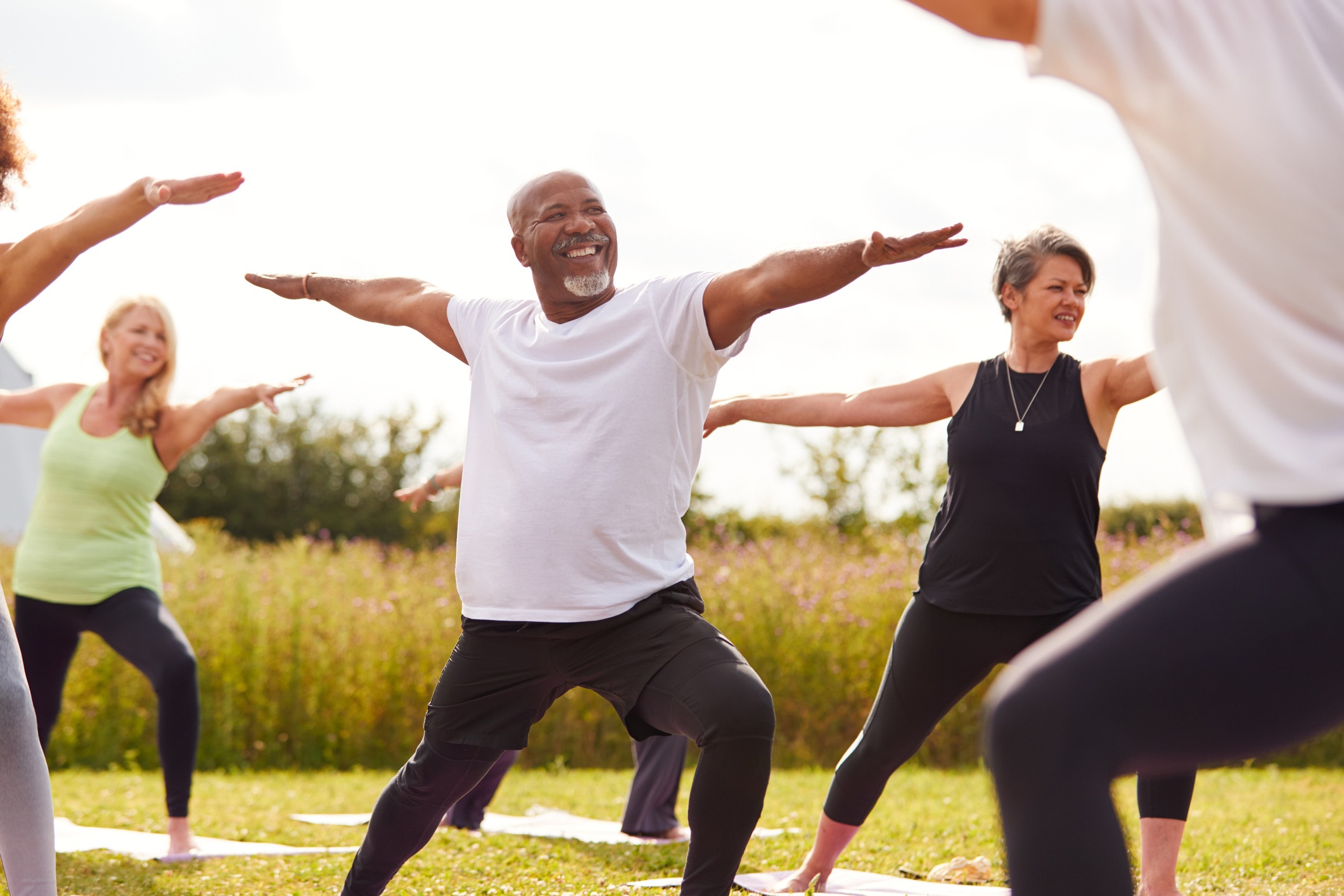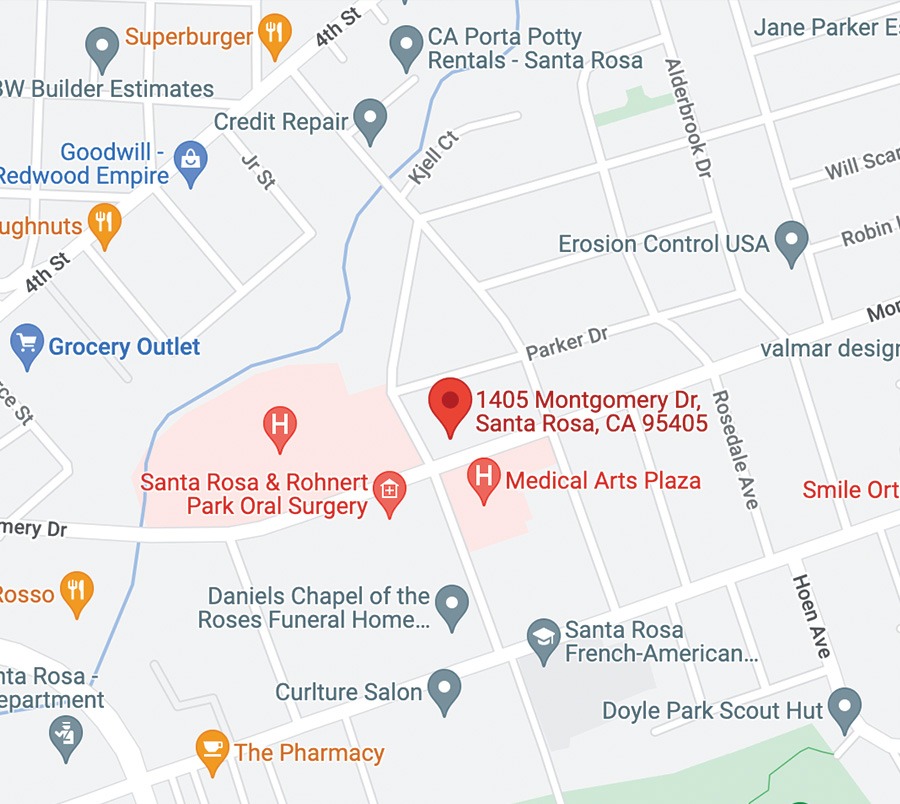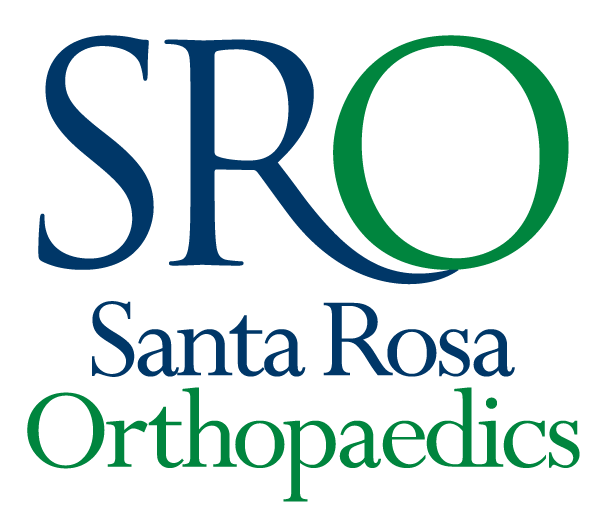
Bones are the elementary framework around which the whole body is built. Bones provide support and protect your internal organs from damage. So it’s not wrong to say that your body is as strong as your bones. Over the past decades, bone health has become a significant concern for patients and clinicians, with increasing incidents of bone-related problems.
What Makes Your Bones Weak?
1. Decreased physical activity: This is one of the most significant factors contributing to bone diseases in the modern world.
2. Calcium and vitamin D deficiency: This is another factor that affects bone in all ages. If your diet doesn’t contain enough calcium and vitamin D, there is a high possibility that your bones are weak and more susceptible to fractures and diseases.
3. Lack of sunlight: Less or no exposure to sunlight causes decreases vitamin D synthesis in the body. This makes your bones lean and weak.
4. Biological sex: Women have less bone mass and are more prone to bone diseases as compared to men.
5. Alcohol and smoking: Substances have adverse effects on bone health. The more you consume alcohol, the more susceptible you are to bone diseases.
6. Genetic abnormalities: Family history is very important and it contributes to bone diseases. Certain genetic disorders predispose individuals to bone diseases.
7. Hormonal changes, especially from menopause: hormonal changes can also contribute to a decrease in bone density. Excessive thyroxin and hormonal changes from menopause result in weaker and spongy bones.
8. Other systemic diseases: if you have celiac disease, kidney disease, or inflammatory bowel disease, your bones are more likely to be weaker and low in mass.
9. If you are too lean or are overweight, that’s not very good for your bone health. If your BMI is less than 19, your bones may not be dense enough. In contrast, if your BMI is more than 24, that may burden your bones with too much load to carry. Either case results in bad bone health.
10. Sports injuries also contribute to a fraction of bone-related diseases.
How To Improve Your Bone Health?
Balance your diet with calcium-rich foods:
An average adult needs 1mg of calcium daily, which grows to 1.2mg per day for men older than 70 and women older than 50 years. Making a few changes to your diet can provide you with the calcium and vitamin D your bones need. Dairy products including milk, yogurt, cheese, and butter are good sources of calcium. Vegetables including okra, spinach, and broccoli provide enough calcium to meet the daily requirement. The addition of sources of calcium in your balanced diet is vital for bone growth and strength at all ages. If you cannot get enough calcium from your diet, consult a physician before taking calcium supplements.
Exercise:
Exercise is key to strengthening your bones. Jogging, weight lifting, and hiking are some popular weight-bearing exercises. These exercises not only help strengthen your bones, but also reduce bone loss. Sports such as tennis, football, and basketball also increase bone strength. A balanced diet with a reasonable amount of physical activity is a perfect way to start.
Get some sunlight:
Vitamin D is also called the sunshine vitamin. The ultraviolet rays in sunlight convert dehydrocholesterol in the skin to previtamin D3, which is later converted into vitamin D. Vitamin D is essential in calcium absorption and utilization. 10 to 30 minutes of sunlight is sufficient to maintain good vitamin D levels in the body.
Abstain from alcohol and drugs:
Alcohol interferes with vitamin D production and inhibits calcium absorption from food resulting in early osteoporosis. If you are a male, it is not recommended to consume more than two drinks a day, and one drink a day if you are a female, to maintain bone health. Intravenous drug addicts also often suffer from bone infections and decreased bone vitality.
Take supplements (with the recommendation of your physician):
Calcium supplements can be used on recommendations of physicians if your diet alone is not enough to meet your calcium requirements. Collagen and fish oil supplements are also very effective in strengthening and remodeling bones.
Recover from injuries and avoid new ones:
If you had a recent injury, you must get sufficient rest and maintain some physical activity to avoid bone loss. A balance between rest time and exercise is pivotal in recovering from injury and keeping bone strength. You do not want to over-exert yourself. Take your time.
Santa Rosa Orthopaedics
Santa Rosa Orthopaedics (SRO) is a full-service orthopedics practice committed to providing exceptional care for all types of orthopedic injuries and conditions. Our team of board-certified and fellowship-trained orthopedic doctors offers the latest nonsurgical and surgical treatment options from a wide range of orthopedic sub-specialties and sports medicine. We keep you in motion.

